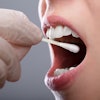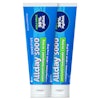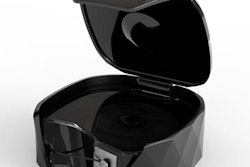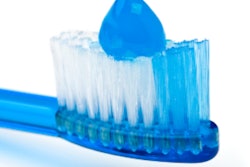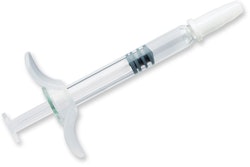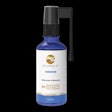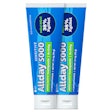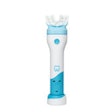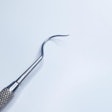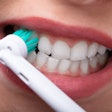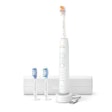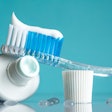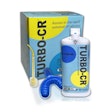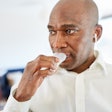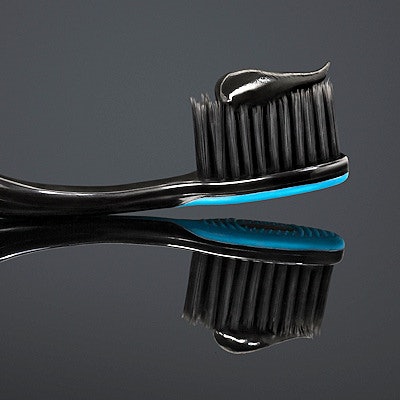
Do your patients use or ask you about charcoal toothpastes? Maybe they've asked if these products have health and cosmetic benefits not available from other toothpastes, as the manufacturers of these products sometimes claim.
However, researchers were unable to find scientific evidence to back up these statements in a literature review published in the Journal of the American Dental Association (September 2017, Vol. 148:9, pp. 661-670).
"We hope our manuscript serves to prepare the dental clinicians to caution patients about the unproven health benefits of charcoal-based toothpastes and dentifrices, as well as raise concerns about the potential safety of use of these products," lead author John Brooks, DDS, told DrBicuspid.com.
Dr. Brooks is a clinical professor in the department of oncology and diagnostic sciences at the University of Maryland School of Dentistry in Baltimore.
More than 50 products
The practice of adding charcoal to a paste for toothbrushing dates to ancient Greece. Today, manufacturers advertise that their products can reduce decay, help with tooth remineralization, and improve the whitening of teeth, according to the review authors.
“We hope our manuscript serves to prepare the dental clinicians to caution patients about the unproven health benefits of charcoal-based toothpastes.”
At least 50 such toothpastes and tooth powders are available in the U.S., but only four contain fluoride, they noted. One example of the relative popularity of these products is that a charcoal toothpaste sits seventh on Amazon.com's list of best-selling toothpastes, as of September 18, 2017.
For the literature review, the researchers identified 13 studies that focused on the use of charcoal or charcoal-based products for oral hygiene. Six studies reported clinical observations of using these products for oral hygiene:
- Two of the six studies offered nonspecific caries reduction with charcoal when compared with toothbrushing, with or without toothpaste.
- Three studies reported deleterious outcomes, such as increased caries, enamel abrasion, or nonquantified negative impact.
- One study indicated that brushing with raw charcoal had no adverse effects on oral hygiene.
The other seven studies did not clinically compare the effectiveness of these products with other oral methods of hygiene and were not included in the review. Overall, the analysis of the studies led to the conclusion of these products offered no convincing benefit, according to the review authors.
"We were unable to find any convincing body of scientific evidence on any laboratory studies of charcoal and oral benefits," Dr. Brooks stated.
The second phase of their review consisted of studies that included laboratory investigations on the safety and effectiveness of the ingredients in the charcoal products.
"It is a well-established fact that charcoal contains various polyaromatic hydrocarbons, some regarded as human carcinogens," Dr. Brooks noted.
The researchers found a few articles on laboratory studies of charcoal and mucosal health concerns, mostly involving rats.
"Most of these studies involved the possible toxic effects on various tissue sites, without specifying whether there were any pathologic changes with the oral mucosa, leaving this an unresolved issue," he stated.
One ingredient, bentonite clay, was listed in a third of the 50 charcoal tooth products in the investigation. The authors reported that they were not able to find any scientific rationale for the inclusion of this ingredient.
"The startling finding was that some forms of bentonite clay have been recognized as carcinogenic to humans, raising another unresolved health concern about its inclusion in oral products," Dr. Brooks noted.
Talk with your patients
As this was a literature review, the authors reported no limitations, but they did write that controlled clinical and laboratory studies on charcoal toothpastes are needed.
They urged dentists and dental practitioners to spend some time talking with their patients about these products.
"Dental practitioners are urged to educate their patients about the unproven claims of oral benefits and possible health risks associated with the use of charcoal dentifrices and the potential increased risk of developing caries with use of these nonfluoridated or possibly charcoal-inactivated fluoride products," they wrote.
